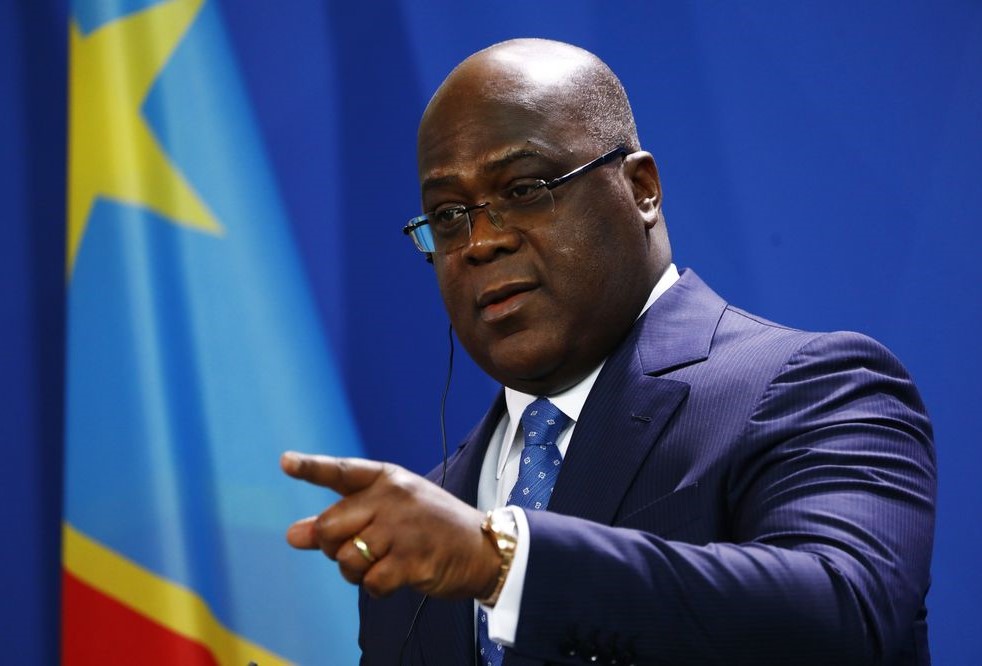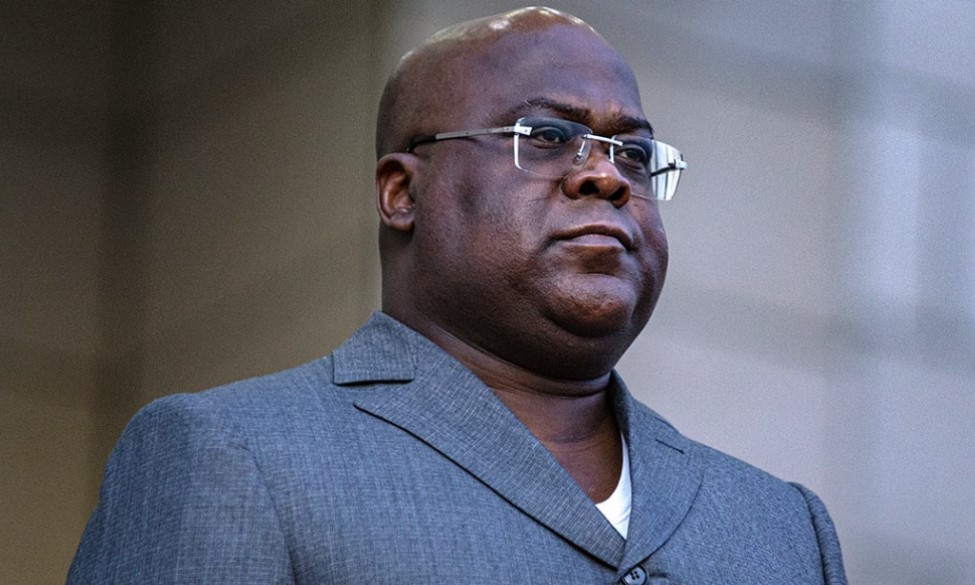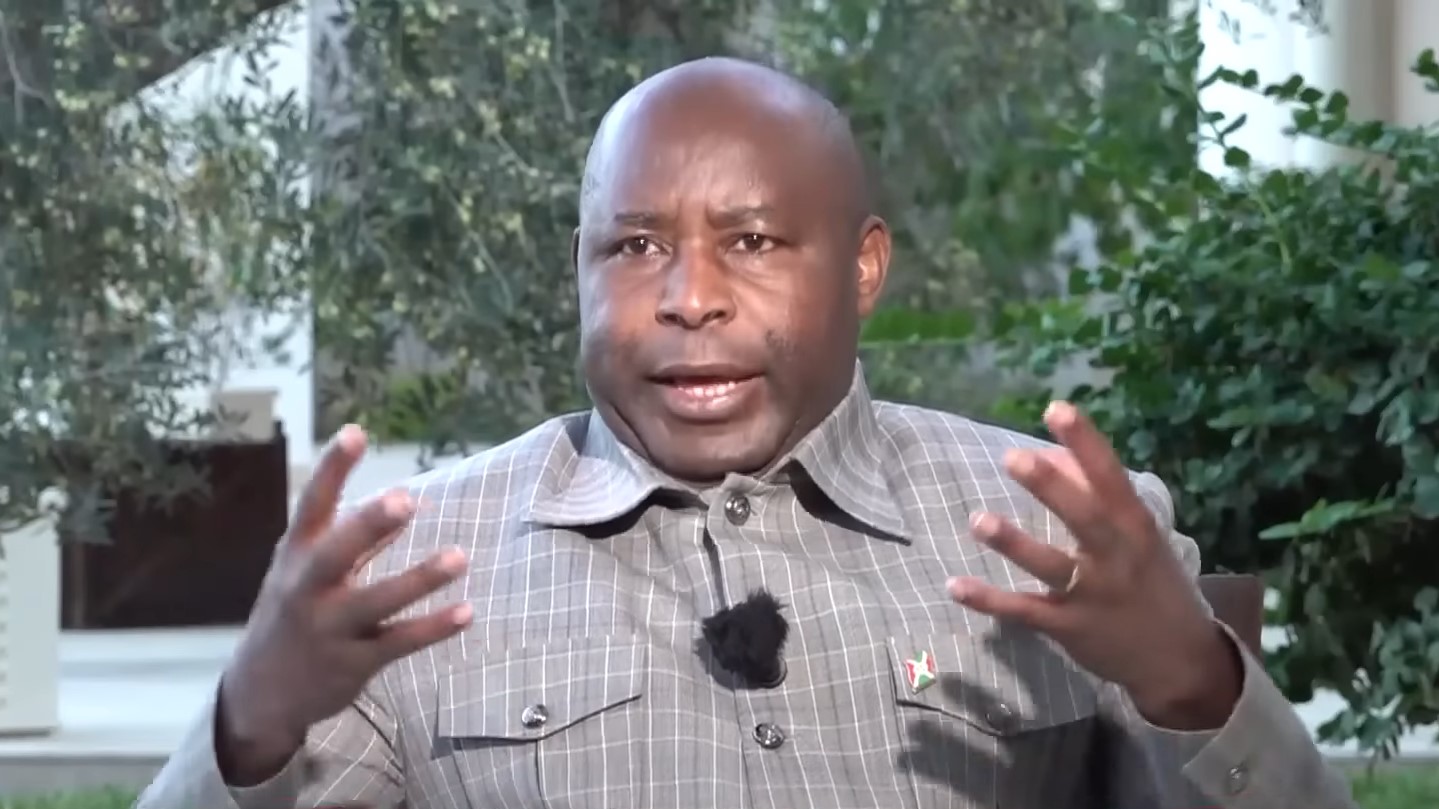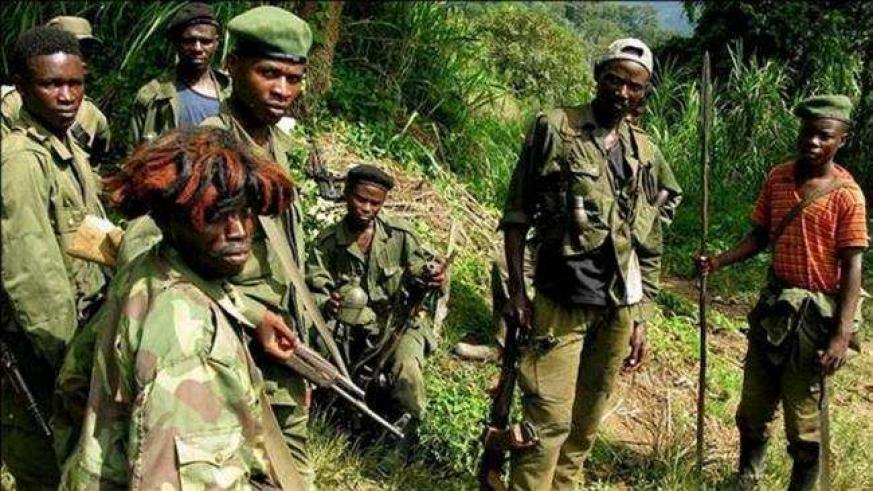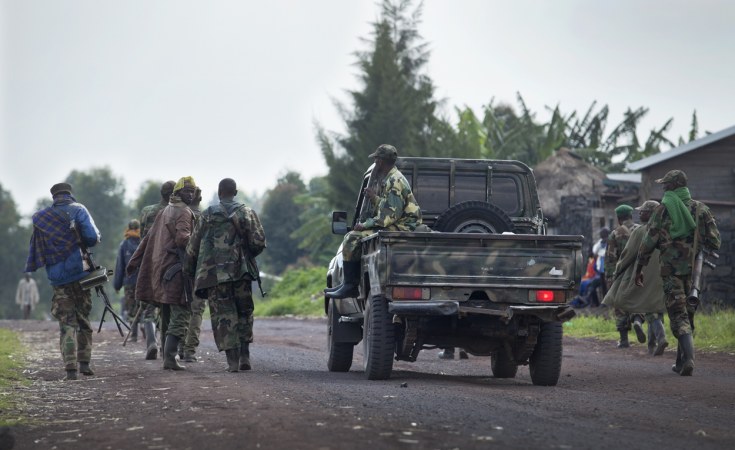Regional
Nairobi process: Is excluding M23 a solution?
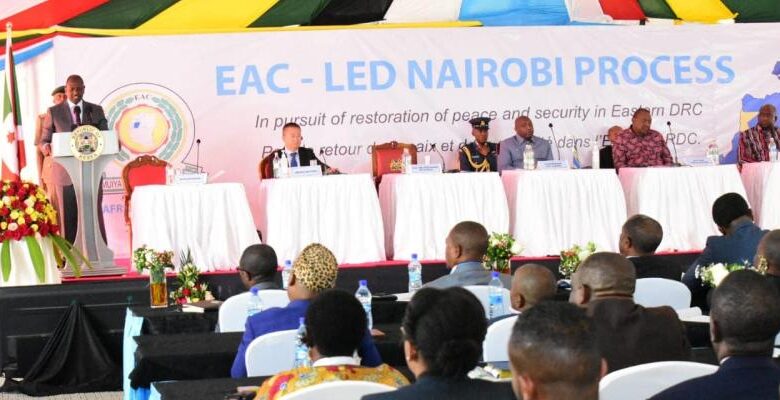
While
addressing participants at the third EAC-led Nairobi Peace talks attended by regional
Heads of State and representatives of armed groups operating in the Democratic
Republic of Congo, on November 28, President Felix Tshisekedi insisted that his
country will never include the M23 rebels in the Nairobi consultations.
Tshisekedi
claimed that the rebels’ only chance to be on the negotiation table as other armed
groups is to first cease hostilities, withdraw from occupied territories, return
to their positions in the jungle and integrate in the Program of the
Demobilization, Disarmament, Community Recovery and Stabilization (P-DDRCS) for
ex-combatants. He called the rebels’ claims illusory.
The
Nairobi peace talks’ main objective ever since the initial sessions, in April
2022, is finding lasting solutions to the insecurity in DRC’s volatile eastern
region.
Yet,
the M23 which is being blamed by Kinshasa for causing the region’s insecurity
and whose armed struggle triggered global attention, has never been welcomed in
the dialogue.
Every
reasonable person can question the results these peace talks will yield, if the
main protagonist is excluded. Kinshasa labeling the M23 a ‘terrorist group’ is
an excuse for avoiding dialogue for peace, and does not remove the cause of the
rebels’ resurgence.
The
reason behind the rebels fighting is clear and they will not stop until their issues
are considered. Tutsi Congolese are being discriminated, tortured and killed. It
has been the case ever since Rwandan genocidaires entrenched themselves, after
being welcomed by the government in Kinshasa, in the east of the country in
1994.
The
masterminds of the 1994 genocide against the Tutsi fled to eastern Zaire, now
DRC, when the Rwandan Patriotic Front/Army repulsed them and stopped the
genocide, nearly three decades ago. There, they spread a genocide ideology, the
consequences of which continue to reverberate.
A Genocide
against Kinyarwanda speaking Congolese is looming in DRC. No one cares except
the M23. Congolese officials commission the population to kill their Tutsi
Congolese neighbors accusing them of backing the M23. So far, no perpetrator
has been brought to justice despite the hypocritical speech Tshisekedi
delivered to his people in early November condemning those acts.
The
Luanda Summit of November 23, which was expected to impartially address issues
in DRC and find lasting solutions, simply produced disappointing resolutions to
the Tutsi population. A resultant communique indicated that, among others, the
M23 rebels were to withdraw from captured territories within the next 48 hours
to pave way for the cessation of hostilities. That they would return to their
initial positions, get disarmed and cantoned on Congolese territory under
control of the EAC regional force and FARDC. The latter very closely collaborates
with the FDLR, a genocidal militia responsible for the 1994 Genocide against
the Tutsi in Rwanda. Its agenda is to exterminate the Tutsi no matter their
origin.
What
peace do EAC Heads of State think they are chasing in eastern DRC if M23 is not
included in peace talks? And, what lasting solutions does Kinshasa expect if it
is not addressing the root causes of conflict in the eastern region?
All
things considered, it’s safe to say that sustainable peace in DRC is out of
reach, if Kinshasa has no political will to implement the agreements it signs and
will not admit that the M23 crisis is an internal problem that should be
handled politically not militarily, or scapegoating Rwanda.


